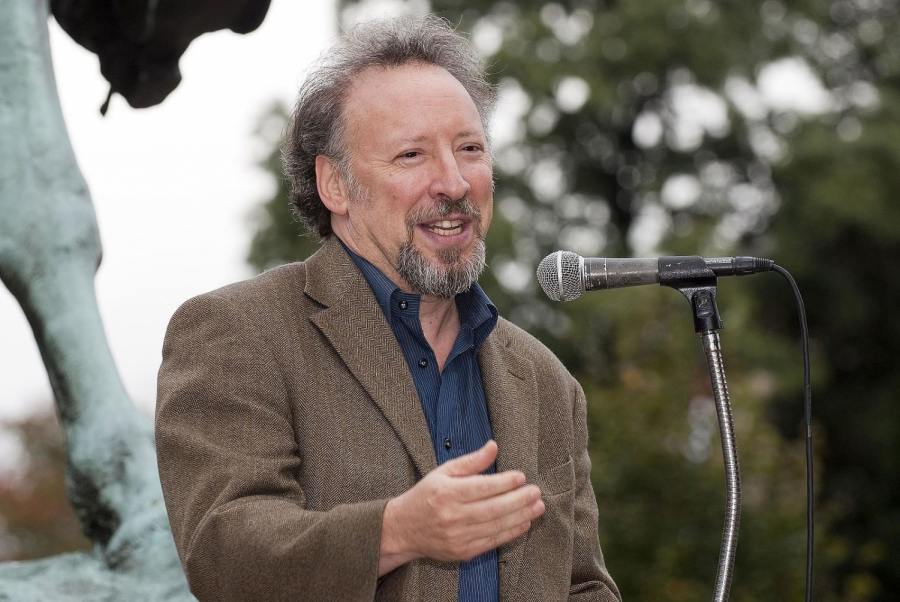Podcast: Acclaimed Archivist, Historian Zooms with Students
April 22, 2020
Earlier today, Senior National Security Archive Analyst Peter Kornbluh spoke with David Cutler’s Latin American History students about covert United States policy in Latin America during the Cold War.
Kornbkluh, who directs the Archive’s Cuba and Chile Documentation Projects, is also author of multiple books and articles. In 2003—coincidently, the 30th anniversary of the Chilean military—his landmark volume, The Pinochet File: A Declassified Dossier on Atrocity and Accountability, had a profound impact on international efforts to hold the infamous general accountable for mass atrocities.
“If you’re going to be out there trying to change the world or make your contribution to the world through writing, through advocacy, through being in the government even, you want to know what really happened,” Kornbluh said. “You want to know what your predecessors did. You want to know what the truth is.”
His articles have been published in Foreign Policy, The New York Review of Books, the New Yorker, The New York Times, The Washington Post, Los Angeles Times, and many other journals and newspapers. He has appeared on national television and radio broadcasts, among them “60 Minutes,” “The Charlie Rose show,” “Nightline,” CNN, “All Things Considered,” and “Fresh Air” with Terry Gross. He has also worked on, and appeared in, numerous documentary films, including the Oscar-winning “Panama Deception,” the History Channel’s “Bay of Pigs Declassified,” and “The Trials of Henry Kissinger.”
While discussing history with students, Kornbluh also touched upon the importance of what, in three of four years time, declassified documents will reveal about how the Trump administration handled the COVID-19 crisis.
Chile may be for me what the coronavirus is for you. In three of four years, you’ll be reviewing declassified documents on what Donald Trump knew form the intelligence community about the spread of the virus, when he knew it, what his reaction was, what his lack of reaction was; this is what’s being discussed in the press now,. But when the declassified documents… come out, I hope you’ll think back to our conversation today and go and find them and read them.There is sure to be an investigative report about how this was handled. I mean, this is the truest international and national security crisis that the world has ever faced—in my lifetime, and right up there with the Cuban Missile Crisis. Only one person actually died in the Cuban Missile Crisis. It was a pilot. His U2 plane was shot down over Cuba. But you know, you’ve got a lot of people dying around the world now. This is going to be something that is going resonate with the history of the United States…for a long a long time to come.
























































